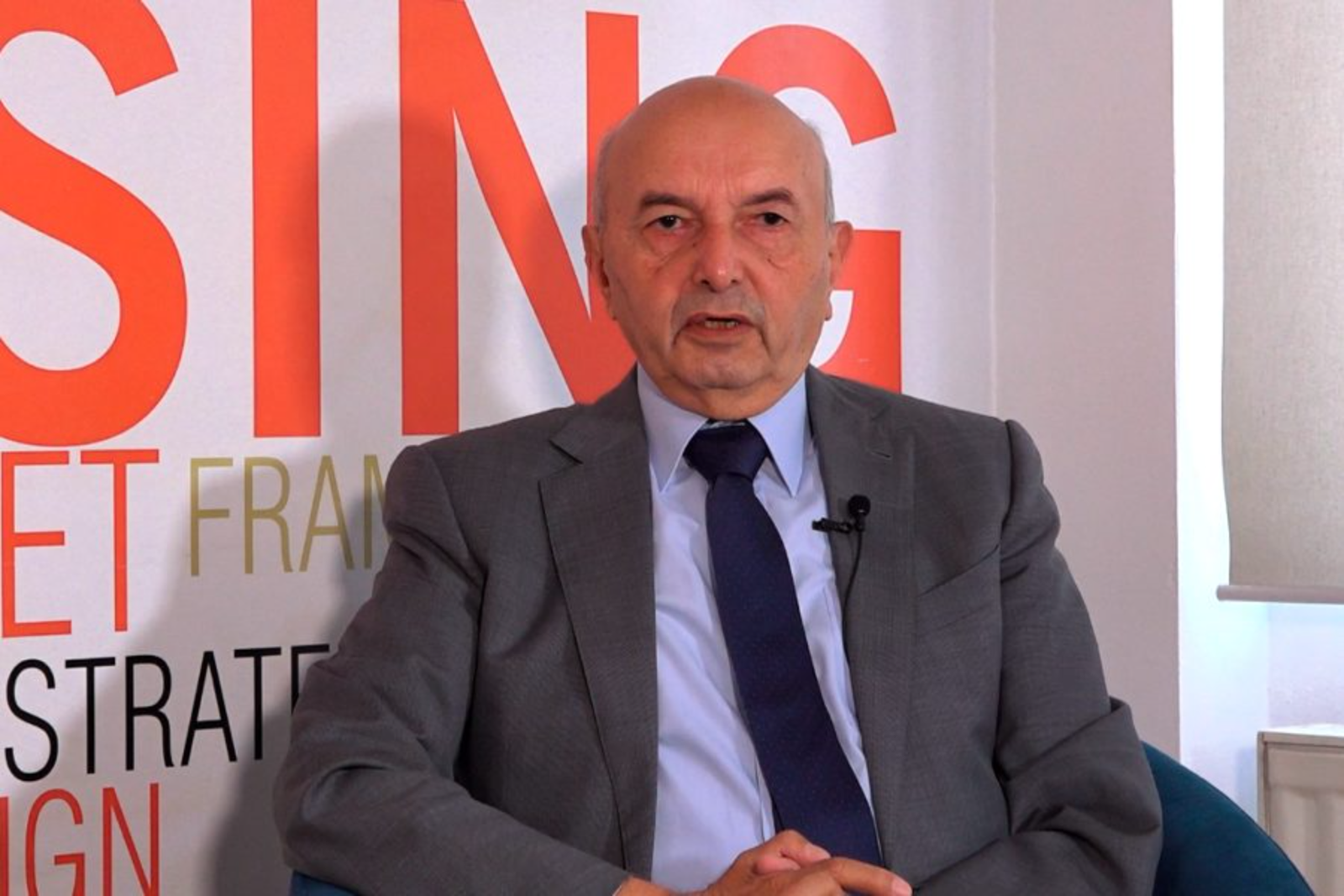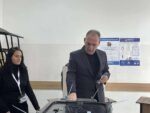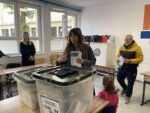Former prime minister and former chairman of the Democratic League of Kosovo, Isa Mustafa, says the Kurti government has managed to fight criminal groups and remove barricades in the North. According to him, there is now another situation in the North, which he calls a temporary achievement, while raising the dilemma of how long it will be sustainable.
In this regard, Mustafa states that the closure of parallel structures and the Prohibition of the circulation of the dinar are the right decisions. However, he points out that this does not mean that sovereignty has been extended to the north, as the situation is being maintained with strict police controls and that the serb community is still speaking out against the actions of the government and against the current mayors in the four northern municipalities.
“This government has shown that it can avoid or remove the barricades in the North and that it can fight criminal groups that have acted openly in the North, because it has done both. Whether it is done with or without the consent of the international community is another matter. The international community has stated that all of this has been done without their information and consultation. But now a different situation is in the north in terms of barricades…but this does not mean that we have extended sovereignty, because this situation is being held with the police, it is not held there with the organs of civil government. We don’t have civil rights, we don’t have civil rights. (Mayors) are there and they are doing their job but the people are not doing their job because the citizens who live there should be in democratic power… (closing parallel structures, banning Dinar) were right because the decisions were before. They did their actions and I think the actions are good, because even so the dinar was banned, but it worked in the shadows,” he told Kosovapress.
Pointing out how difficult freedom of movement has been in the north, the former head of the executive mentions a case in 2016, when his road was blocked by local Serbs, going to Leposavic.
Mustafa acknowledges that there is now greater freedom of movement in the four northern municipalities, but says this should be transformed into a movement that reflects normal behavior rather than a demonstration of force.
“(Free movement in the North) has always been a problem. I started to go to Leposavic at the invitation of KFOR, as they built that road, but when we left, the roads in the North were blocked. We had a bit of trouble coming back and giving up because we weren’t going. I consulted with the escort, the police and we went into the secondary road and arrived there on time and returned. It has always been a problem…(free movement now in the North) is a movement, but I think that movement tomorrow should be transformed as a movement that reflects normal behavior. You don’t just go there with the demonstration that you are there, the prime minister and the Minister of Interior and the Minister of Local Government, because it doesn’t create proximity and support of the citizens. “Things should go back to normal, not defilement of the population,” Mustafa said.
On the other hand, Mustafa criticizes Prime Minister Albin Kurti for damaging relations with allies, especially the US.
“[Allies] are saying they were harmed, the U.S. is saying they were harmed, and our government is saying they were not harmed. We need to be clear and concerned about such assessments. If our international partner says that communication with the government is not good, the actions of the government are being done out of our information and out of our support. The government says everything is OK. We see that our prime minister goes to the United States and no one accepts him from the State Department, the Senate, Congress and others,” Mustafa said.
Speaking about the four-year rule of the Kurti government, he says that the same has failed in economic development, capital investments and the provision of foreign investments.
According to him, maternity allowances, children are short-term policies that do not help economic development.
“I am also hearing many statements from the government and the people of the party about hybrid warfare. I think the government is waging a hybrid war on citizens and on Kosovo with data that is not accurate. There is no progress in the field of Economics. No one can be praised for having made a mind and growing Kosovo’s economy. We have annual increases in gross domestic product, when it is 3-4 percent. It is too small to reduce the gap in development with the EU but also the five countries in the region….The government is praised and now it can be praised in some form that we have reduced unemployment. Unemployment at the end of last year was 12.6 percent. Low level compared to the standard we had before. The other problem is that the population has been displaced. We are now getting statistics that from 2012 to 2022 about 250 thousand citizens have been displaced who have gone and have not returned. From 2018 to 2022, 150 thousand citizens have left. On average, 31,500 have been displaced per year and have not returned to Kosovo at all,” said former prime minister Isa Mustafa.







